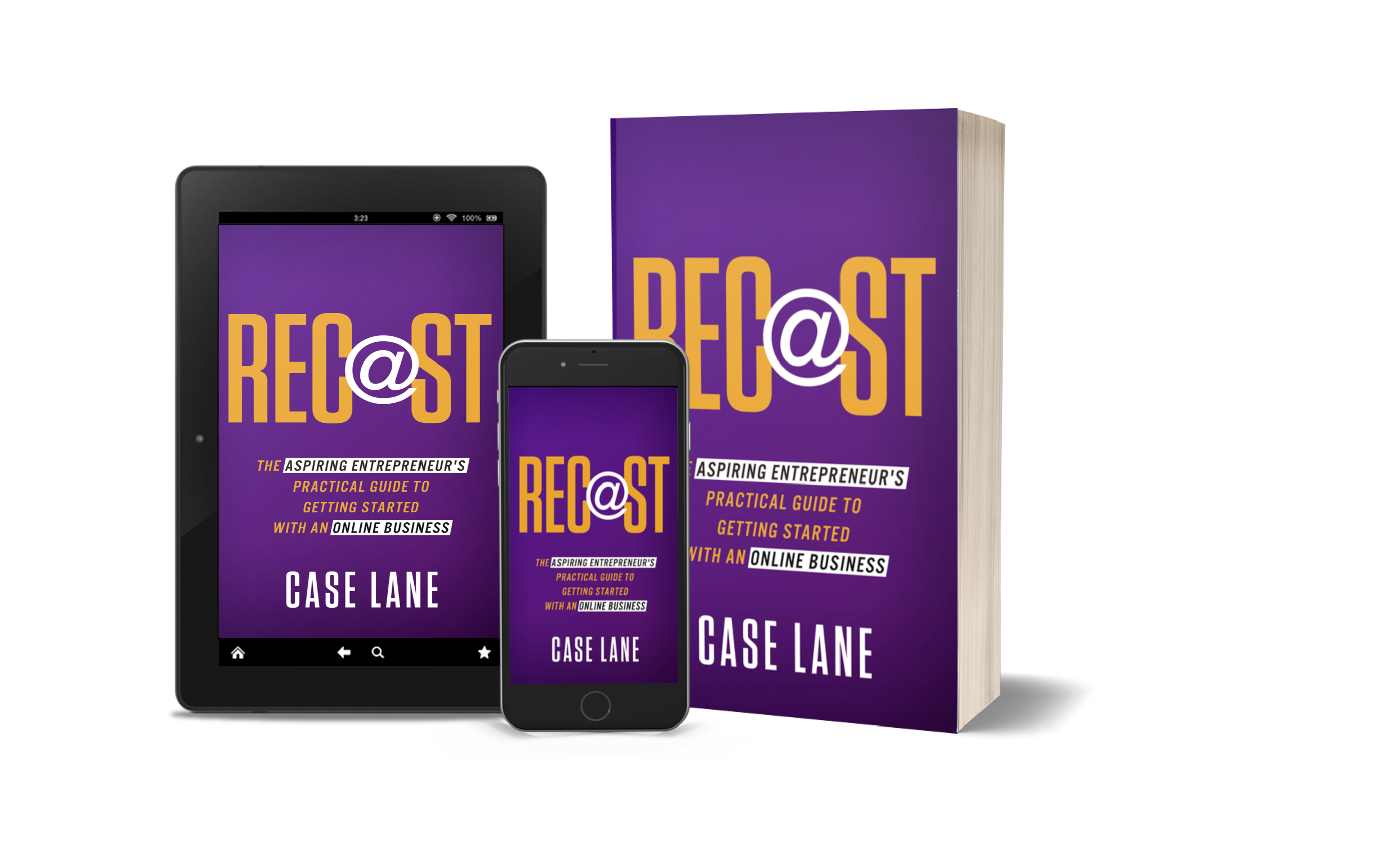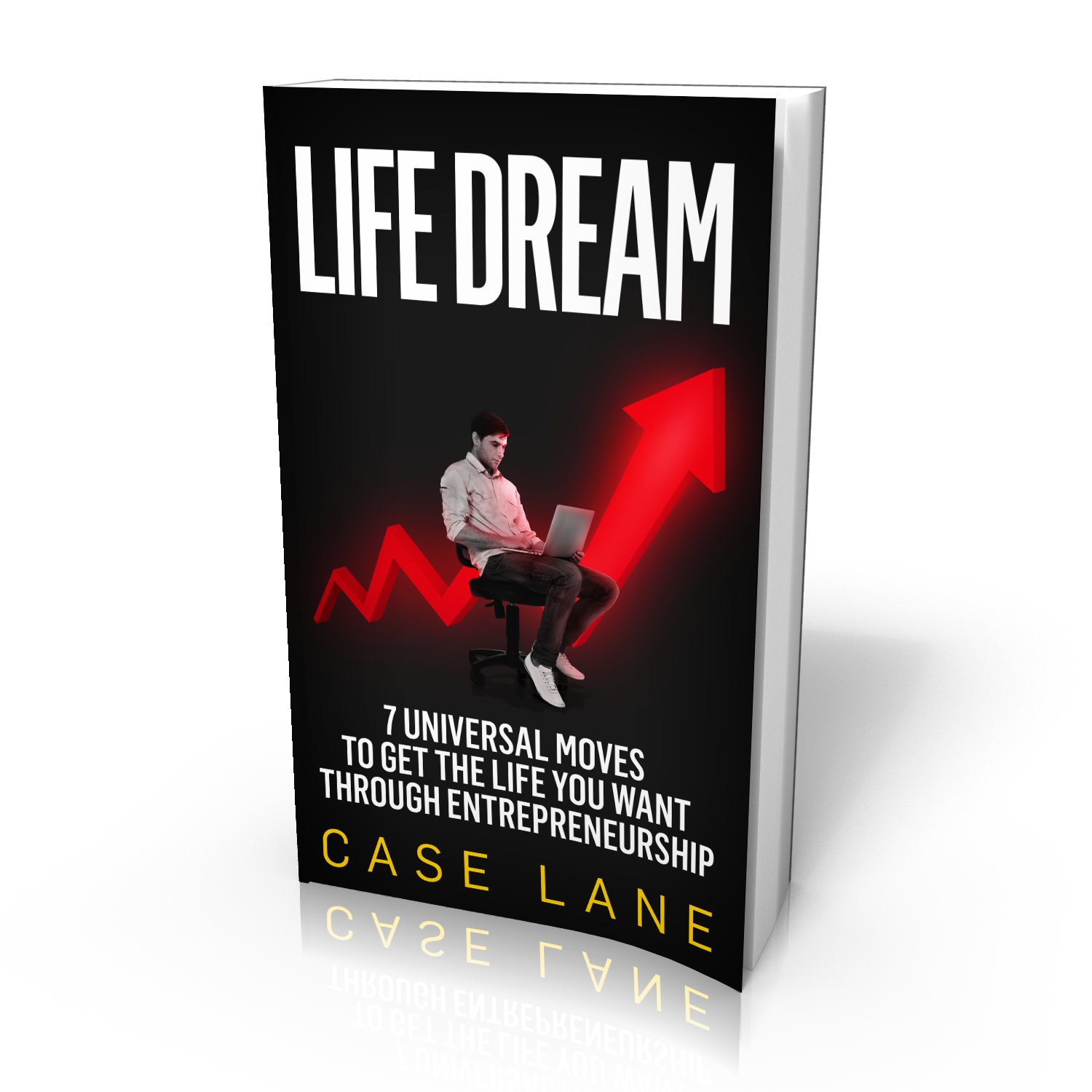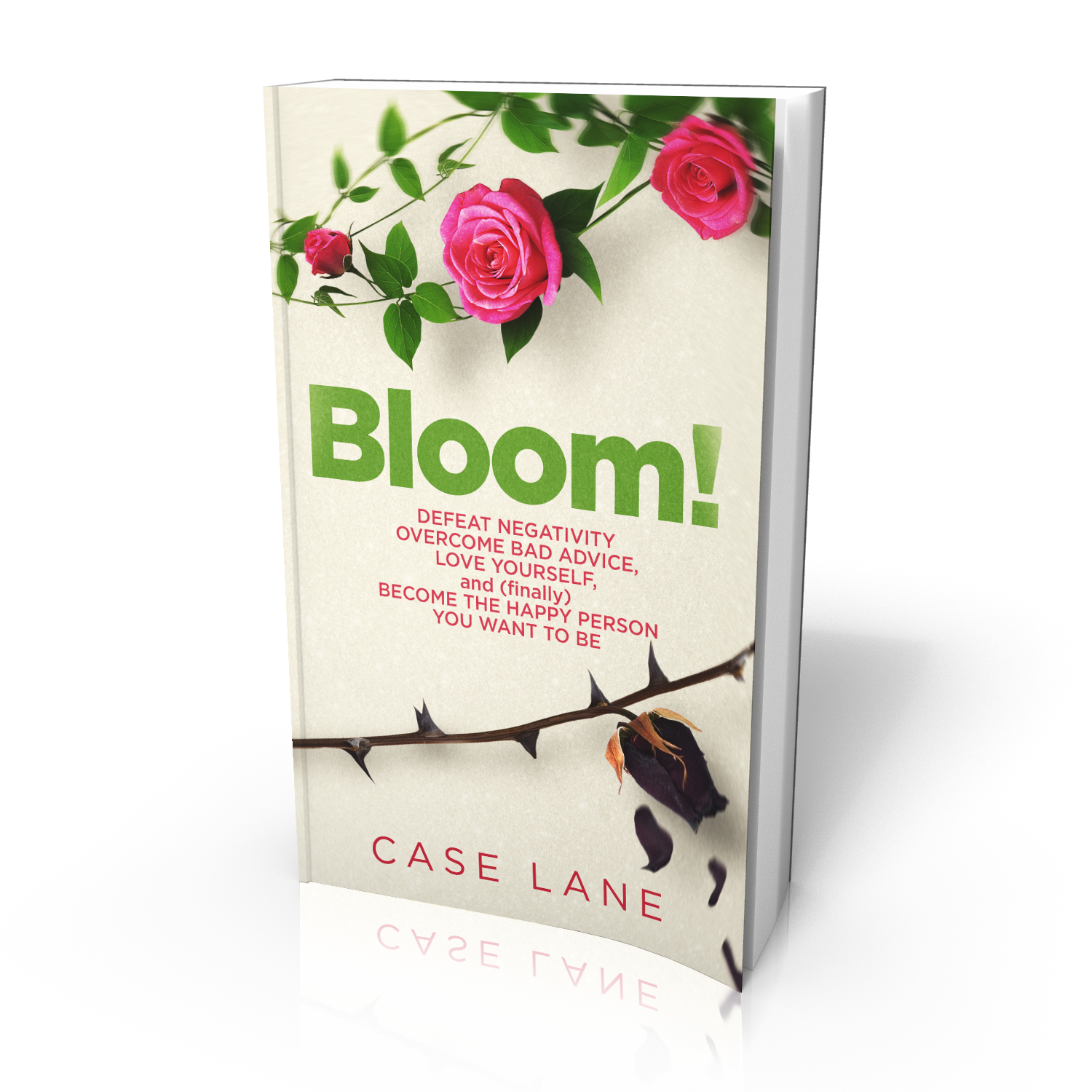by Case Lane
When you are first starting as an entrepreneur and manage to put away 15 minutes a day to work on your business, you will likely start by researching more about your business idea.
The purpose of your research should be to find sufficient information to move on to the next step in launching your business. But many aspiring entrepreneurs get caught in analysis paralysis, endlessly researching similar products or services in an effort to understand the competition. But there are more productive ways to spend your time.

When researching:
Investigate your Business Idea
Once you have a business idea, you have to find the information to fill in the gaps in your knowledge.
Most business ideas come from the entrepreneur’s own questions around their likes, dislikes, hobbies, experiences, work and education. Some people have also asked others to contribute to an idea. The origin of the idea is the foundation for going forward and doing your research.
Research Leads to Action
All research should be leading to action. The research provides the details about how you can bring your product or service to your community, then you can begin to take the action steps necessary to make it happen.
Research helps you realize what you need to do. The information can help you decide how to determine what you like or do not like that is already available, to identify best practices and good ideas, and to put together an action plan for yourself.
You want to see what’s going on in the marketplace – if anything – related to your product or service. And this exercise exists even if you have an idea of a product or service that does not exist in the marketplace.
Look at the context and functions for your idea
Looking at the broader market will help you determine the context for your product or service.
For example, there is a saying that if Henry Ford had listened to his customers, they would have said they want a faster horse. The statement is supposed to be profound because Ford of course brought the car to the masses. The masses could not have envisioned a car, they could only envision a faster horse.
But if you look at the context of this example, you see a different story. Consider the functional not literal product Ford delivered.
The customers were saying they want to get around faster. And Ford responded by giving them away to get around faster than a horse. He even emulated the infrastructure needed to manage his new product.
The car needs care and feeding, just like a horse, but this time with hay not gasoline. The product needs to be stored, not in a stable but in a garage. And it must be maintained, not with horse shoes but with tires. Ford actually gave people the functionality of a faster horse – that’s just not what we ended up calling it.
So when you are looking at your product or service, you are looking at the context for how you will introduce the product, and the functions it will perform.
Even if you have invented a new product or service, you still need to research the other products or services that try to address the same or a similar problem.
Go Offline
After all the online research, it’s important to remember there is a world outside where potential customers could be demonstrating the literal or functional use of your product or service.
If you look and touch the real world, you might learn more about what you intend to offer. Go out to see your product or service in live action. You can go to a store and see people shop or ask questions about the product, or maybe just walk down the street to see if your idea evolves based on your real world interactions.
Even if your product is completely digital, consider if the problem you are trying to solve also plays out in the physical world.
Limit Your Research Time
When starting research, Now I mentioned earlier that you do not need to do endless research. You can decide how much time you really want to spend. Part of the decision rests on how your life is currently organized. If you are only taking 15 mins a day to research because you are slowly working up to your available time then it make take you several weeks to put together sufficient information.
Generally if you have one or two hours a day, start with one week, and see how much information you can gather. If you still feel you need more information, go one more week. But do not keep procrastinating or delaying the work.
You are much better off getting started than just trying to keep researching forever.
You will know you are finished when you have enough information to move forward. For example, if you are starting a podcast and you’ve researched equipment and learned how you can do the recording, and where to host the completed file, at that point it’s time to create content.
You don’t need to keep looking at microphones. You can go with the most recommended one and if you don’t like it you can upgrade later. The same is true for the hosting platform or recording software. You can always change your mind after you get started and receive initial feedback on how the process is working.
In general, you are doing research to give you enough information to move your business along, not to have an excuse to delay starting your business.
Summary for How to Research Your Business Idea
- After you have selected your business idea, research is used to determine what you need to do next to take action on getting your business started
- Think about the functional use for your product or service and the context that people will use it, not just the literal use of similar products or services
- Go out into the real world with your research, not just online. Look up how similar products and services are presented in the marketplace
- Keep going until you have enough information to move on to the next step of your plan. A week of 1-2 hour days is a good start. Make sure you stop and move on. You can always change your mind after you have started and tested the results of your decision.
- It’s better to start the business with a little research, than to not start at all while you continue to spend time endlessly looking things up
The key to researching your business idea is to get enough information to move you along to the next step.
The idea as always is to just get started.






Pingback: How to Adapt Model Solutions to Your Business | Ready Entrepreneur